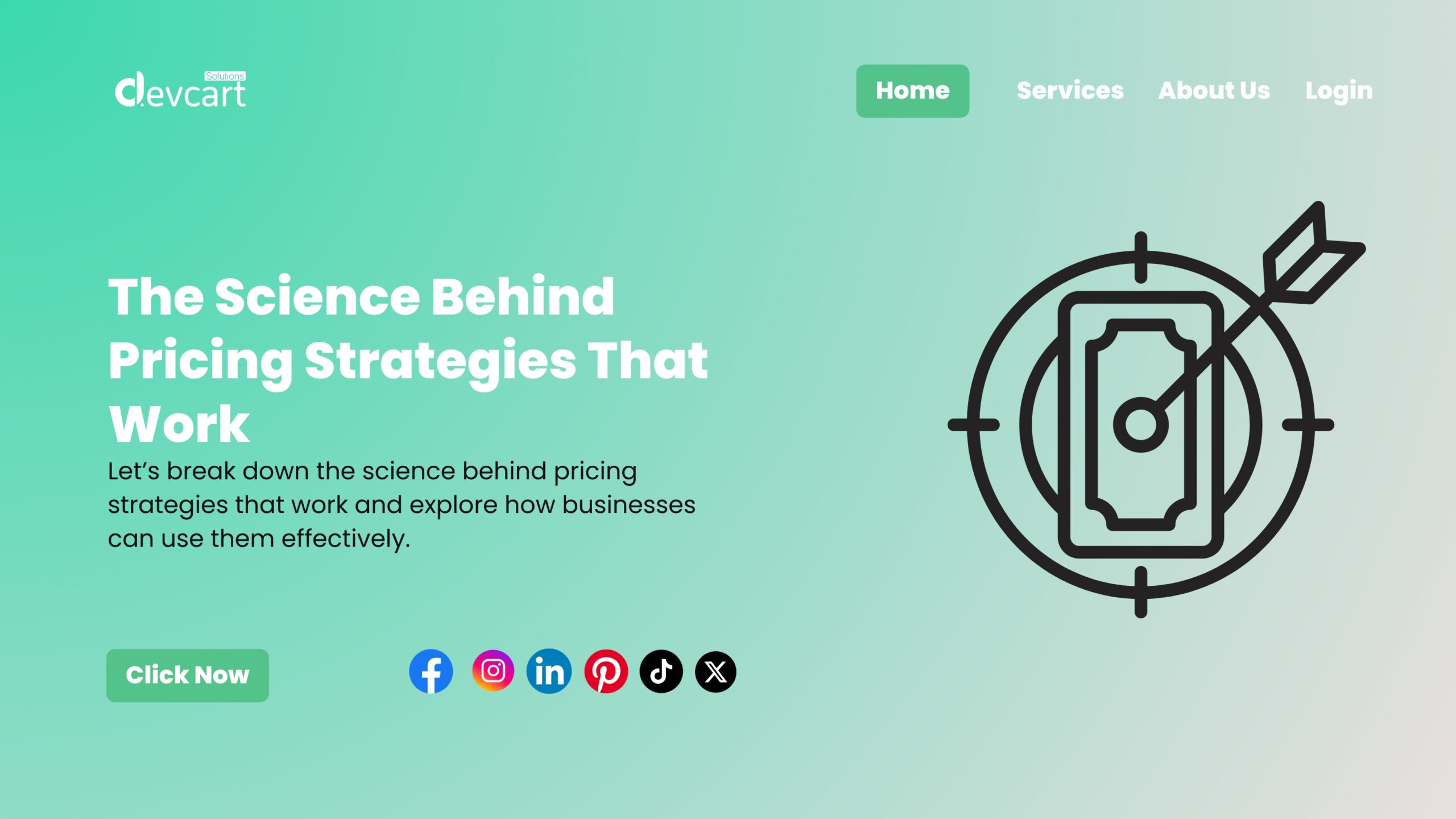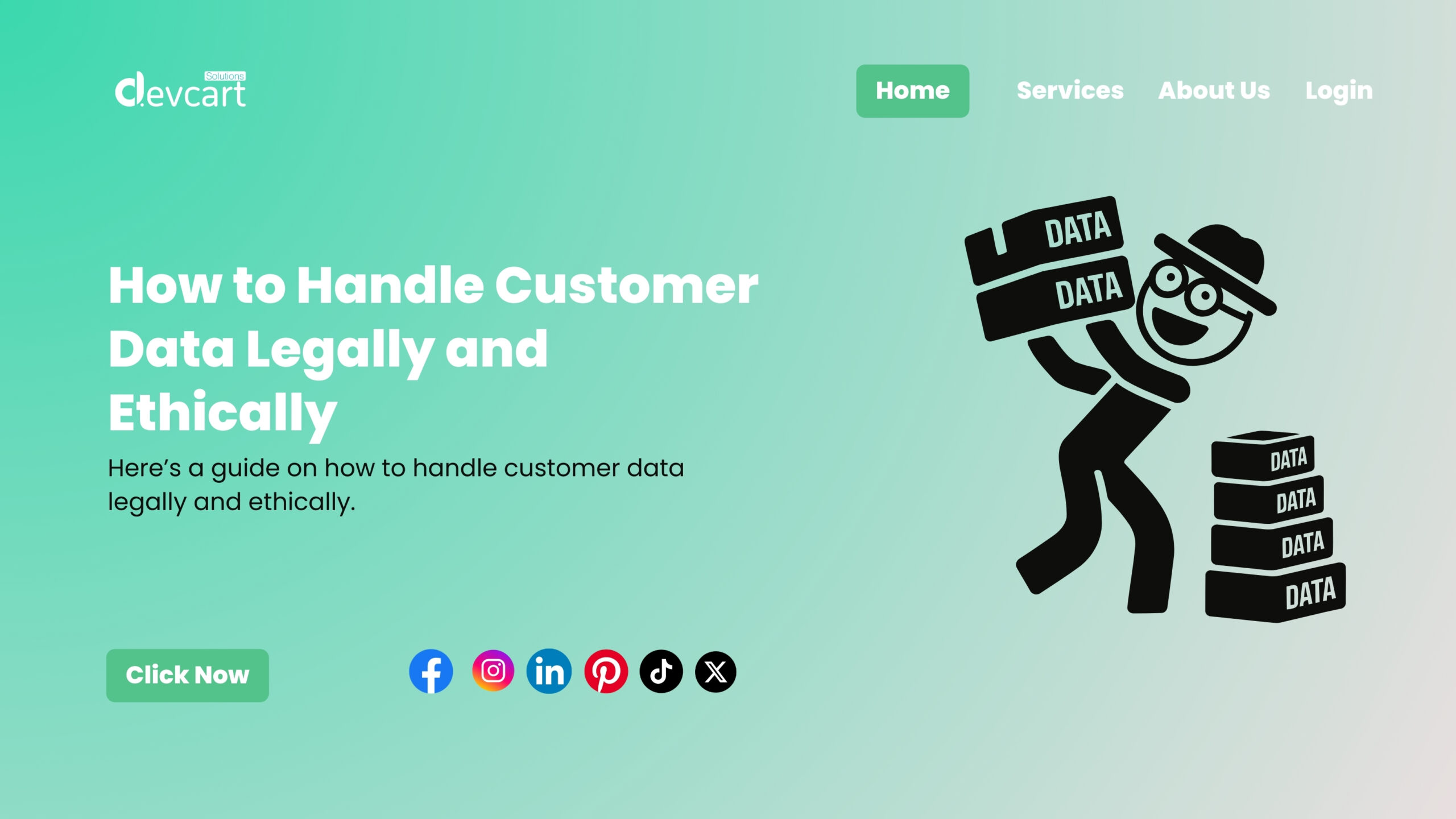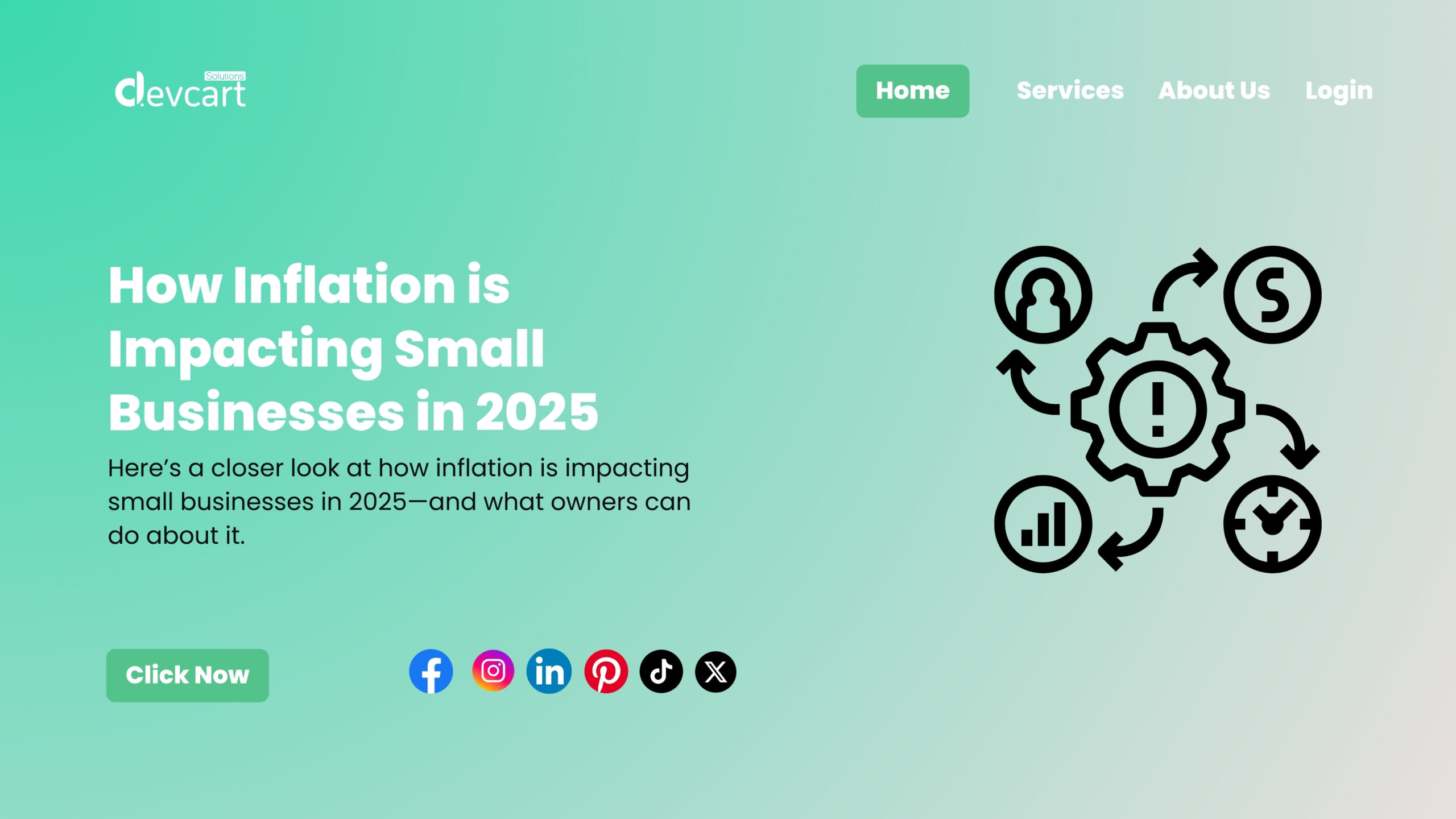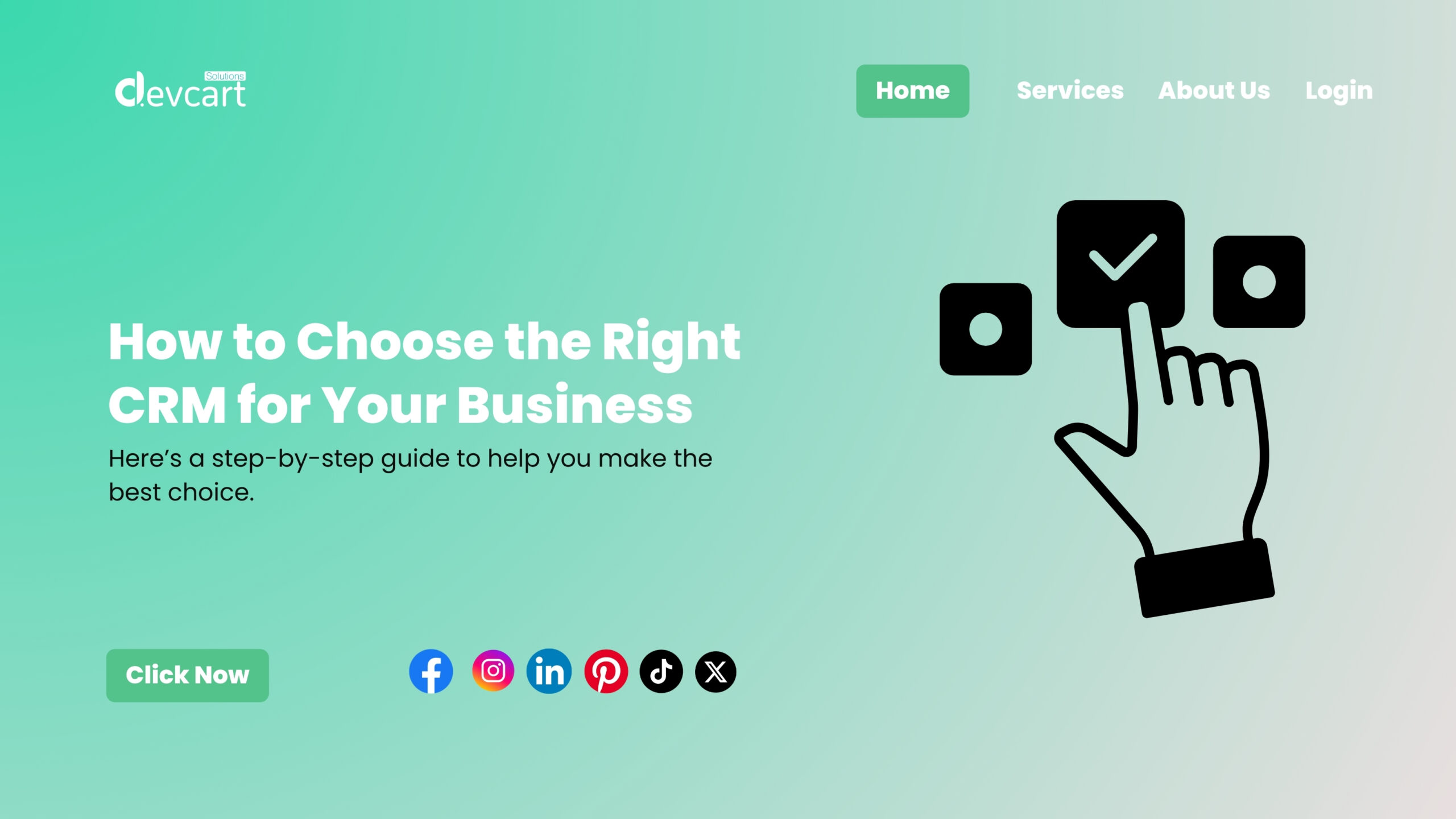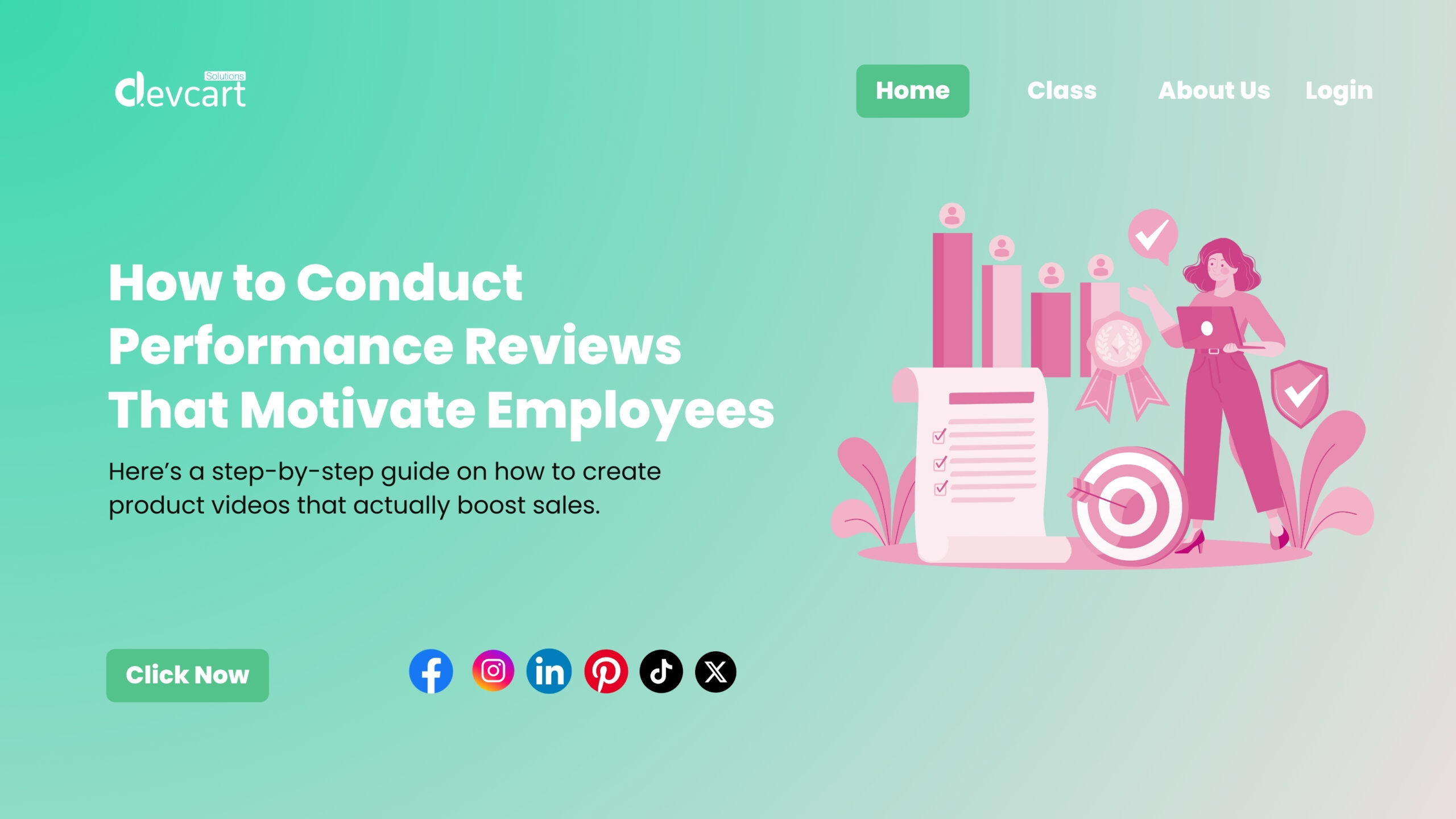In today’s digital economy, customer data is one of the most valuable business assets. From emails and purchase histories to personal preferences, businesses collect vast amounts of information to deliver better services. But with this power comes responsibility. Mishandling data can damage your reputation, lead to legal penalties, and erode customer trust.
Here’s a guide on how to handle customer data legally and ethically.
1. Understand the Laws and Regulations
Different regions have strict rules around customer data. The most common include:
- GDPR (General Data Protection Regulation): Applies to businesses dealing with EU citizens’ data.
- CCPA (California Consumer Privacy Act): Protects California residents’ data.
- Other local data protection laws: Many countries have their own privacy regulations.
👉 Make sure your business knows which laws apply to your customers and complies accordingly.
2. Collect Only What You Need
Don’t over-collect. Limit data collection to what is necessary for business operations. For example:
- Collecting email addresses for order confirmations is fine.
- Asking for unrelated personal details without reason is not.
This minimizes risks and shows customers you respect their privacy.
3. Be Transparent with Customers
Always inform customers about:
- What data you’re collecting.
- Why you’re collecting it.
- How it will be used.
Clear privacy policies and consent checkboxes build trust and protect you legally.
4. Secure the Data You Collect
Protecting data is just as important as collecting it ethically. Use:
- Strong encryption for sensitive data.
- Multi-factor authentication for accounts.
- Regular software updates to reduce vulnerabilities.
- Restricted access so only authorized staff can view sensitive information.
5. Give Customers Control Over Their Data
Ethical handling means respecting customer choices. Allow customers to:
- Opt out of marketing emails.
- Request access to their data.
- Ask for their data to be corrected or deleted.
This isn’t just legally required in many regions—it’s also good customer service.
6. Avoid Selling or Misusing Data
Selling customer data without permission is both unethical and often illegal. Instead of monetizing data in shady ways, use it responsibly to improve customer experience. Ethical use strengthens long-term trust and brand loyalty.
7. Train Your Team
Employees who handle customer information must understand both the legal and ethical standards. Regular training ensures everyone knows:
- How to properly handle sensitive data.
- What not to share externally.
- How to recognize phishing or suspicious activity.
Final Thoughts
Handling customer data legally and ethically isn’t just about compliance—it’s about building trust. By collecting only what’s necessary, being transparent, securing information, and giving customers control, your business can strengthen relationships and avoid legal risks.
In a world where data breaches make headlines, ethical businesses stand out as the ones customers can truly rely on.


